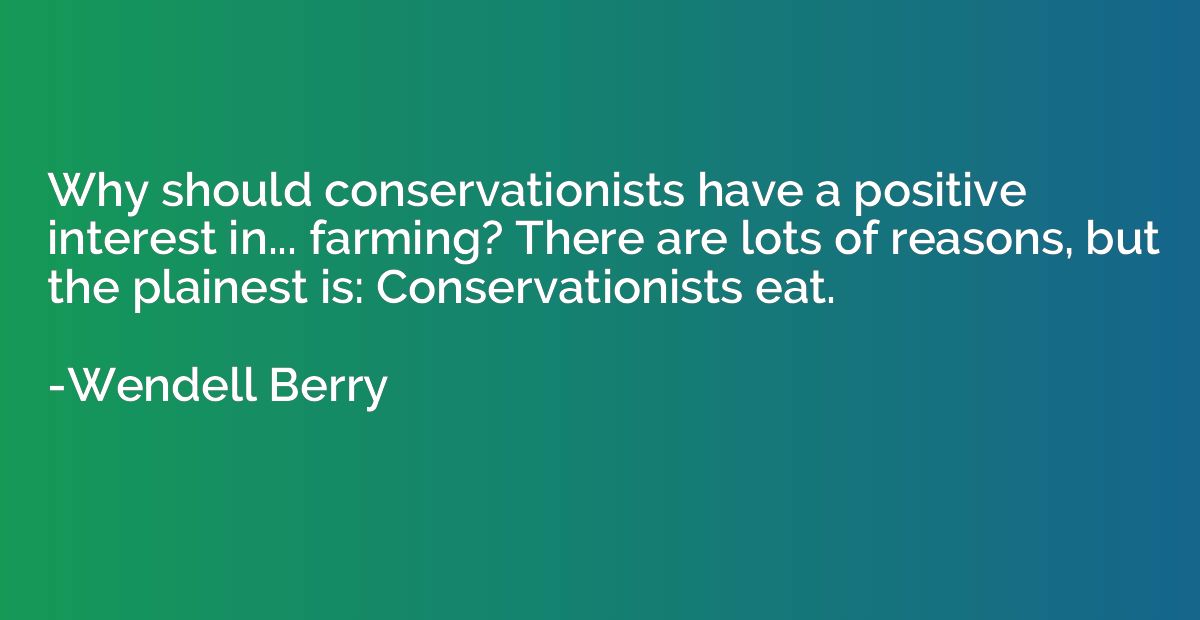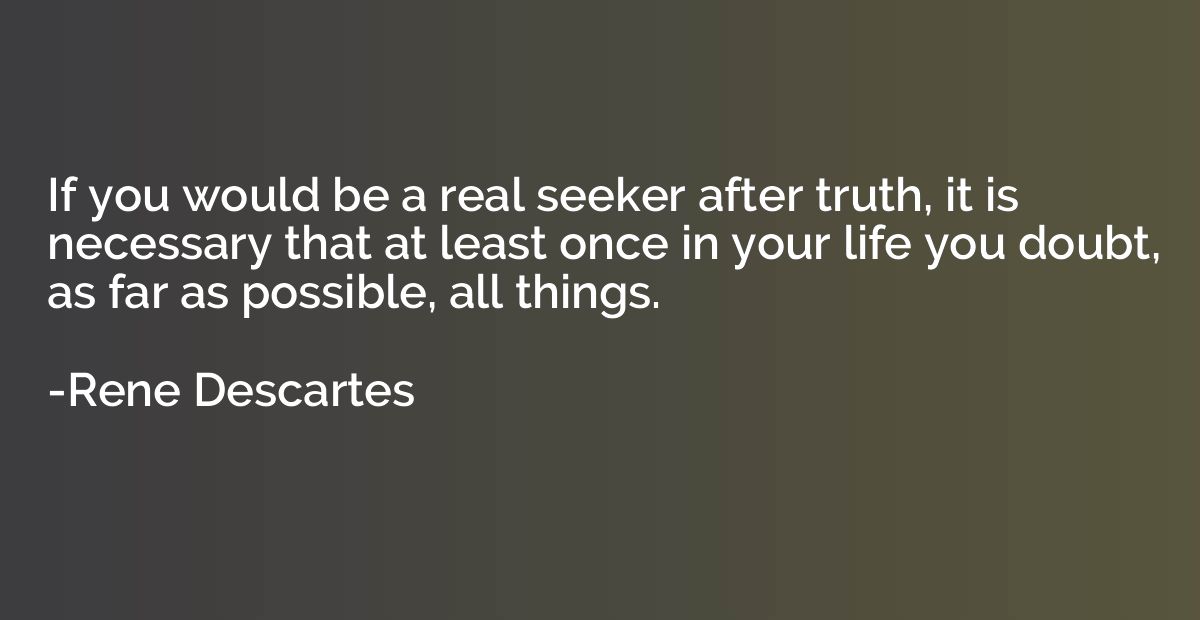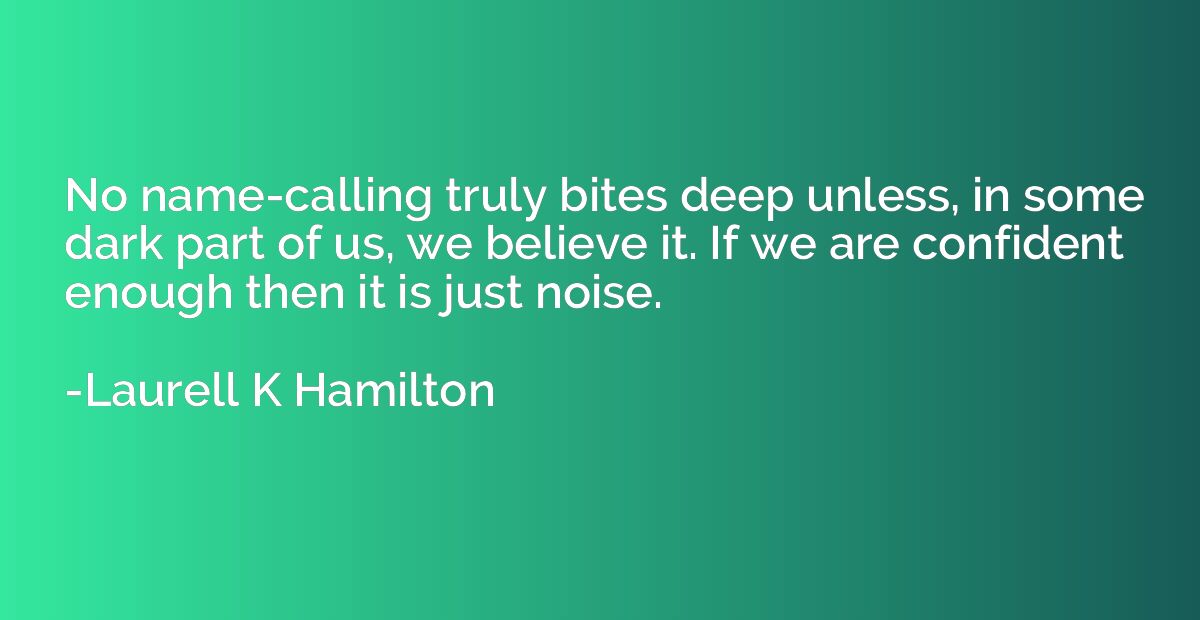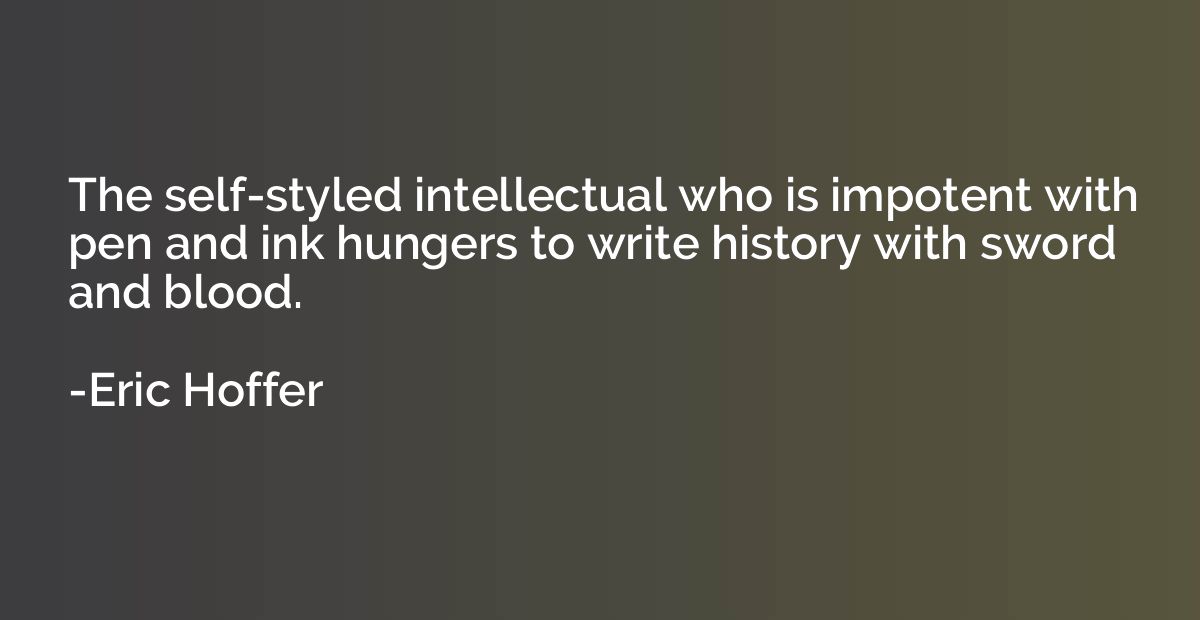Quote by Peter Kreeft
We sinned for no reason but an incomprehensible lack of love, and He saved us for no reason but an incomprehensible excess of love.
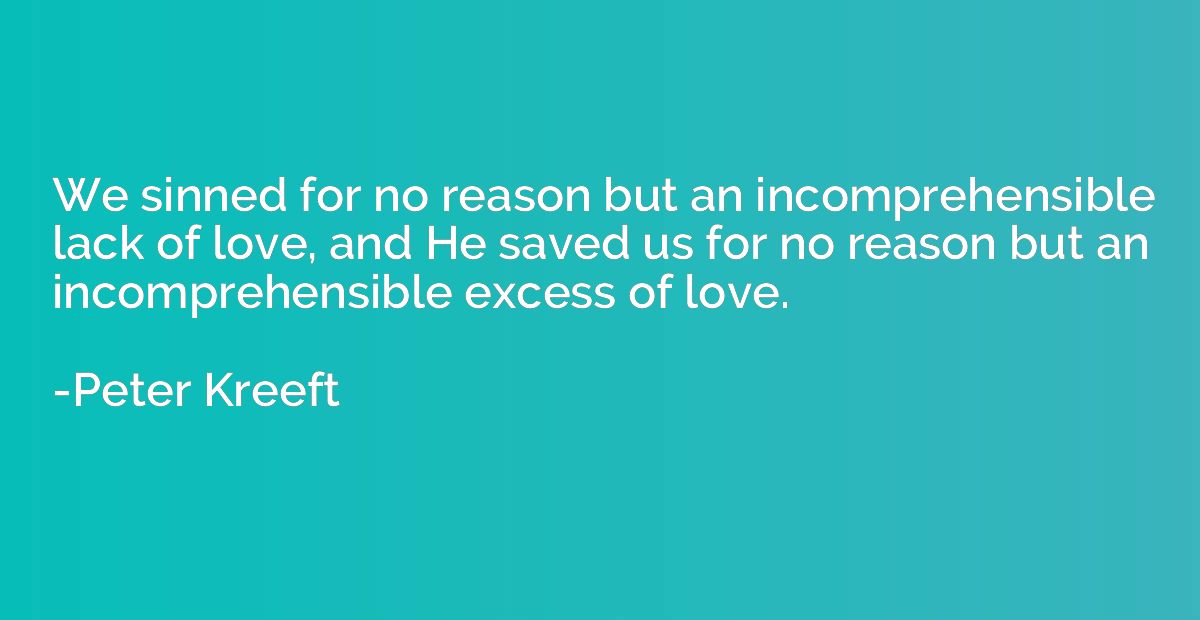
Summary
This quote suggests that humanity's sins are driven by a lack of love, an absence of compassion and understanding. On the other hand, the idea posits that salvation comes purely out of an overwhelming abundance of love. It implies that there is no logical justification for either sinning or being saved but instead highlights the paradoxical nature of these actions. The quote emphasizes the concept of love as the driving force behind both our wrongdoings and the possibility of redemption, ultimately underscoring the transformative power that love holds.
Topics
God Philosophy Inspirational Sin Christianity Salvation Christ Jesus Cross Catholicism Jesus Shock Saved Saved Souls Excess Love
By Peter Kreeft





